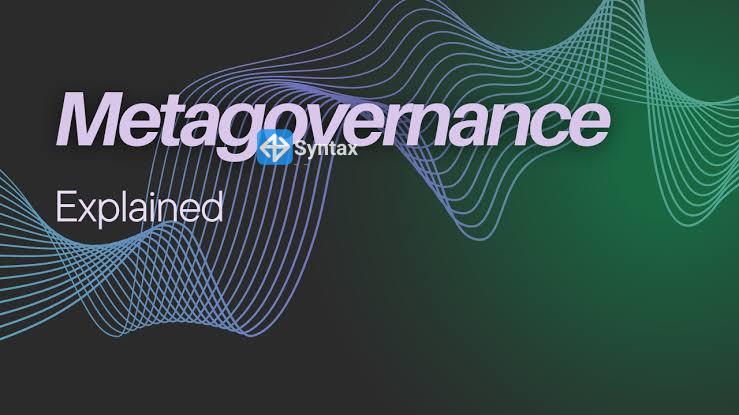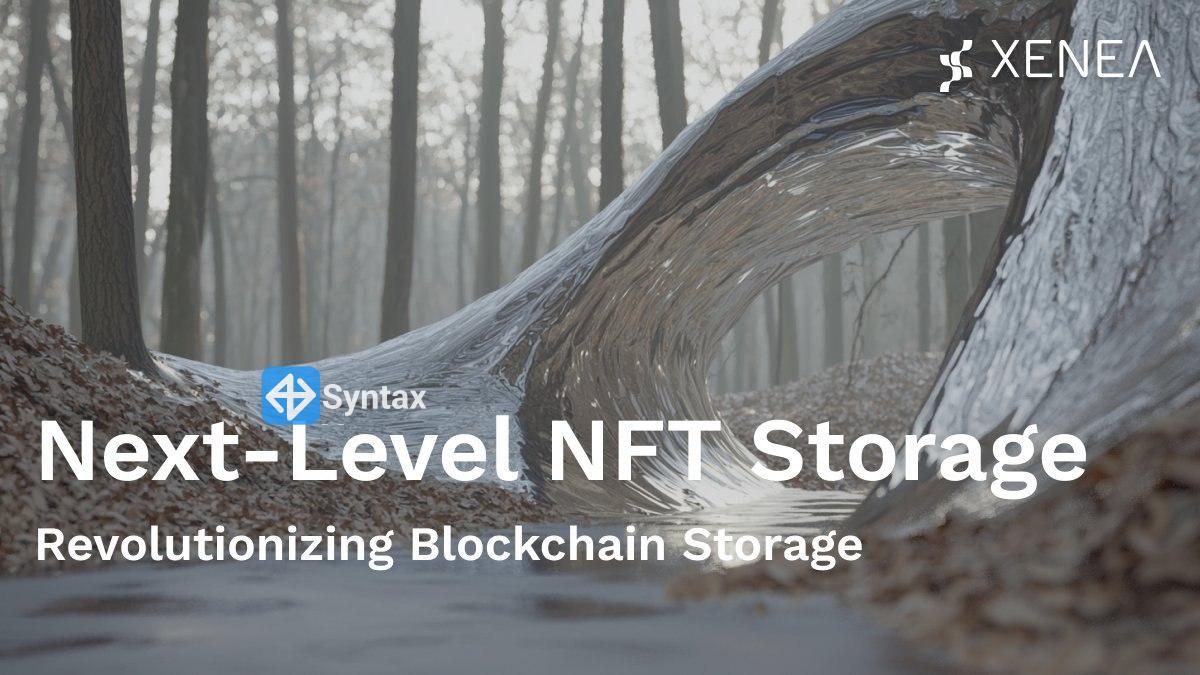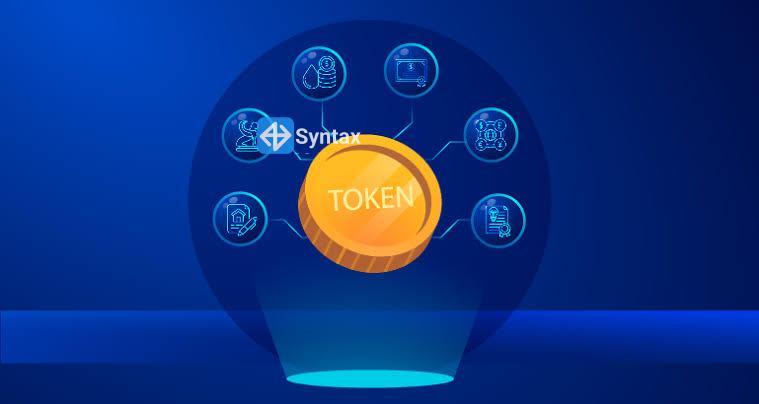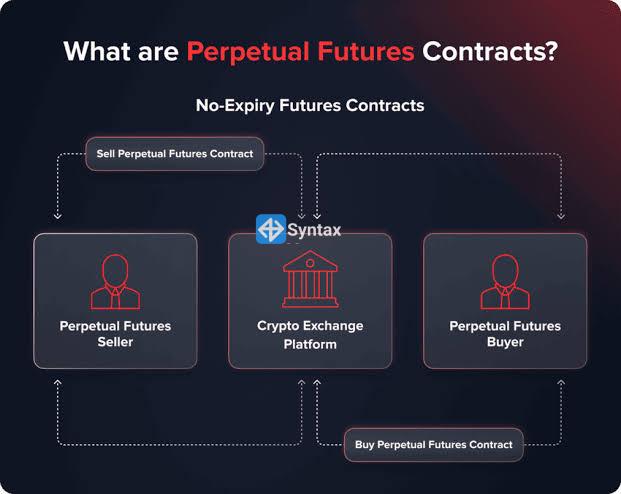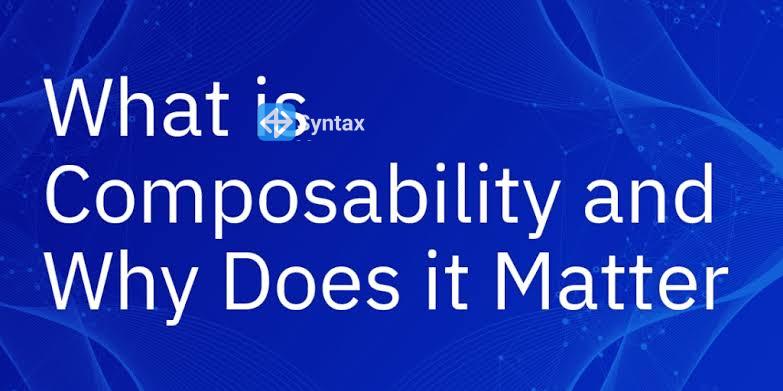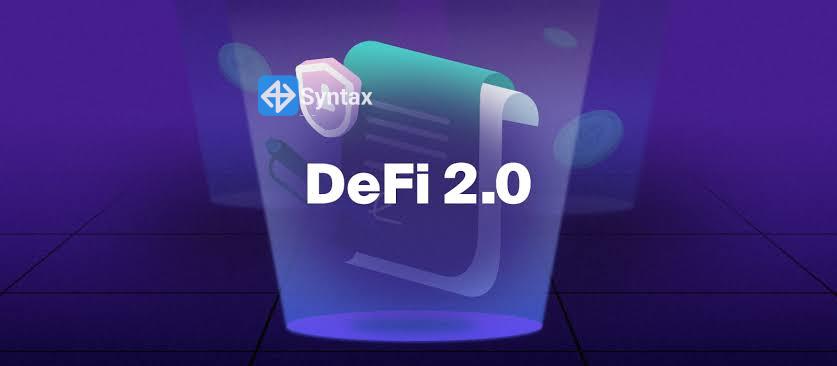When entering the crypto space, one of the first things you’ll need is a crypto exchange, a platform where you can buy, sell, or trade digital assets. But here’s the big question: Should you use a centralized exchange (CEX) or a decentralized exchange (DEX)? Both options have their advantages and drawbacks, and the right choice depends on your goals, experience, and preferences.
What Is a Centralized Exchange (CEX)?
A centralized exchange is managed by a company or organization. Popular examples include Binance, Coinbase, and Kraken. These platforms act as middlemen, handling transactions, storing assets, and providing customer support.
Pros:
- User-friendly and beginner-friendly
- High liquidity (easier and faster trades)
- Customer support available
- Often integrated with fiat on-ramps for easy deposits and withdrawals
Cons:
- You don’t fully control your funds since the exchange holds your private keys
- Can be hacked or shut down by regulators
- Some require strict identity verification (KYC)
What Is a Decentralized Exchange (DEX)?
A decentralized exchange operates without a central authority. Examples include Uniswap, PancakeSwap, and SushiSwap. On a DEX, trades happen directly between users through smart contracts.
Pros:
- Full control of your funds (non-custodial)
- No KYC or identity verification needed
- Access to a wider variety of tokens, especially new or smaller projects
- Works seamlessly with DeFi apps and wallets
Cons:
- Can be overwhelming for beginners
- Lower liquidity compared to large CEXs
- No customer support if something goes wrong
- Requires knowledge of wallets, gas fees, and smart contracts
How to Decide Which Exchange Fits You
1. Beginner or Advanced User
- Beginners often prefer CEXs because of their ease of use and customer support.
- Experienced users may choose DEXs for privacy, control, and broader token access.
2. Trading Style
- If you need high liquidity and advanced trading tools, CEXs are more suitable.
- If you prefer self-custody and experimenting with new tokens, DEXs are better.
3. Security vs Convenience
- CEXs offer convenience but require trust in the company.
- DEXs offer independence but demand responsibility, you’re in charge of your private keys.
A centralized exchange is perfect for beginners, frequent traders, or anyone who values simplicity. A decentralized exchange, on the other hand, is ideal for those who want full control of their funds, more privacy, and direct access to emerging tokens.
Many crypto users even combine both, using a CEX for quick trades and fiat transfers while keeping a DEX wallet for security and long-term control. Ultimately, the best exchange is the one that matches your crypto journey.




